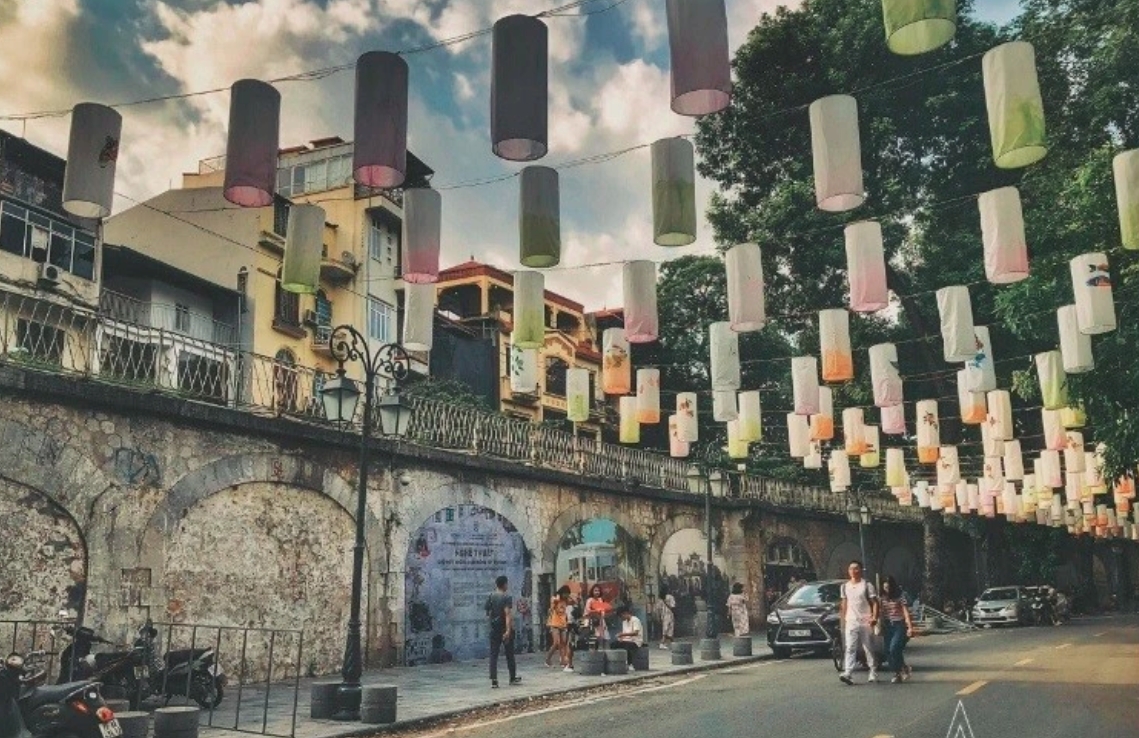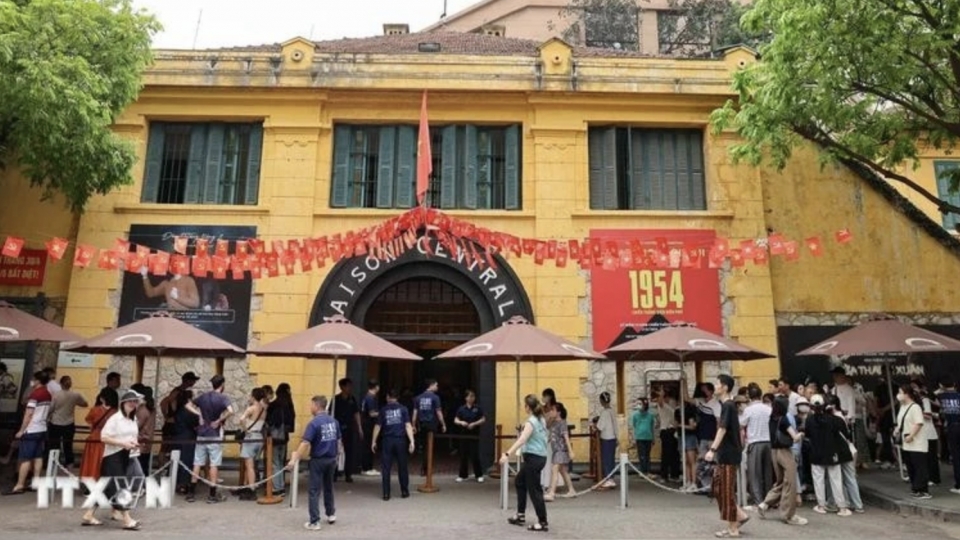Hanoi calls for participation in creative cultural space network
Five years after joining UNESCO’s Creative Cities Network, Hanoi continues to fulfill its international commitments while asserting its pioneering role in design and innovation.

By leveraging its rich cultural heritage, the capital aims to foster sustainable development and reinforce its image as a city of "Civilisation – Culture – Modernity," emphasised Bach Lien Huong, Director of the Hanoi Department of Culture and Sports.
Speaking at an event on May 6 to introduce the Hanoi Creative Activities Coordination Centre and to call for participation in the Hanoi Creative Cultural Space Network, Huong highlighted the rapid growth of Hanoi’s creative community in recent years.
Creative spaces have emerged as dynamic hubs for design, arts, crafts, and startups. These spaces are not only incubators of new ideas but also bridges between tradition and modernity, and between local and international communities.
Thanks to the dedication and resilience of the creative sector, Hanoi's cultural landscape has become increasingly diverse. These creative hubs serve as “nuclei of innovation,” playing a vital role in shaping the capital's creative identity, boosting the creative economy, and promoting a modern, youthful image deeply rooted in tradition.
To realise these goals, Hanoi has implemented various coordinated initiatives, including new policies under the Capital Law; drafting a resolution to establish a Cultural Industry Centre and Cultural Trade and Service Zones to nurture and expand the creative ecosystem.
The city is also investing in creative infrastructure, proposing the adaptive reuse of industrial heritage and cultural facilities to form creative spaces. It seeks to enhance both domestic and international creative networks, foster international cooperation and knowledge exchange, and organise awards, festivals, and cultural-creative events to promote Vietnamese creative products globally.
A key milestone is the establishment of the Hanoi
Creative Activities Coordination Centre, which aims to consolidate resources, support creative space development, increase the value of creative products, and expand their market access, thereby fueling the city’s creative economy.
Huong expressed her hope that the creative community will continue aligning with Hanoi’s cultural development vision by actively proposing ideas, adopting new technologies, and bringing creativity closer to the public, especially the youth.
UNESCO Representative in Vietnam Jonathan Baker praised Hanoi’s initiative to establish the creative space network, calling it a strategic move to connect, recognise, and support the city’s diverse creative actors. UNESCO encourages all creative spaces, large or small, public or independent, to participate in this ecosystem.
Hanoi currently hosts the largest number of creative cultural spaces in Vietnam. Since officially joining the UNESCO Creative Cities Network in 2019 under the design category, the capital has demonstrated a strong commitment to cultural industry development. With a clear strategic vision and firm foundations, Hanoi is poised to remain a source of creativity, community connection, and international cultural integration.



